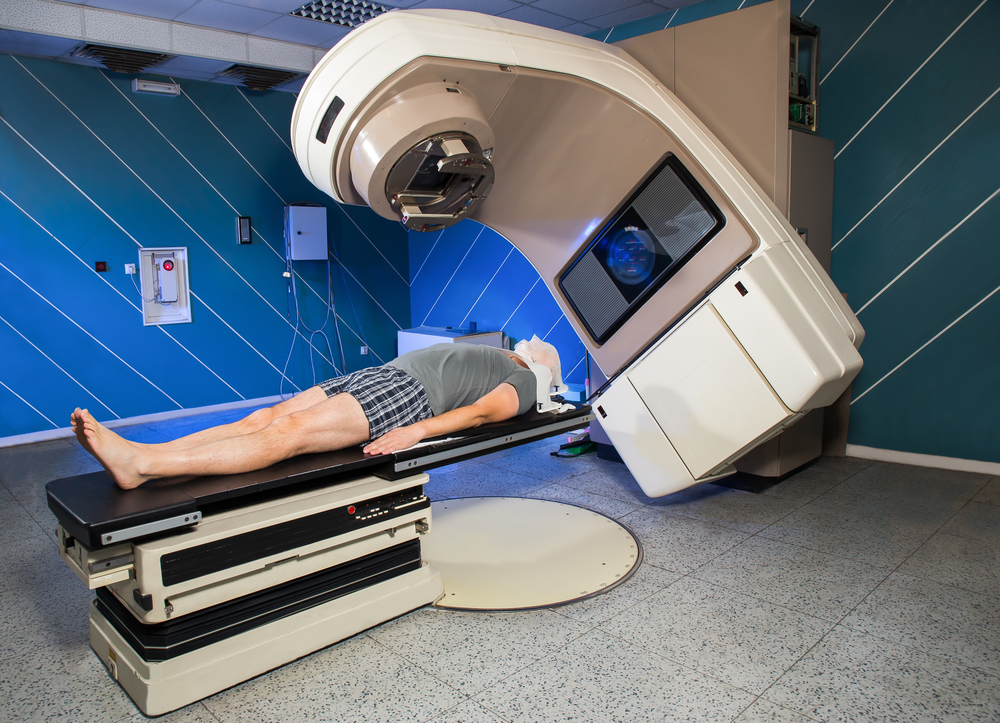The National Cancer Institute estimates that over 200,000 new cases of prostate cancer are diagnosed each year resulting in almost 30,000 deaths annually. These metrics make prostate cancer the leading cause of non-skin related cancer and the second most fatal form of cancer. Standard therapies to combat prostate cancer include surgery, chemotherapy, and radiation therapy.
Due to the exposure of the pelvic region to x-rays and/or ionizing radiation, about 75% of prostate cancer patients that receive radiation therapy will develop radiation proctosis. This debilitating side effect is defined as inflammation of the distal colon and is similar to rectal mucositis, inflammation of the distal colon caused by infection (bacterial, viral, or parasitic), allergies (contact or food), and surgery. Radiation proctosis is also a common side effect of treatment of cervical and colon cancers.
Radiation proctosis can either be acute or chronic. Acute radiation proctosis occurs as soon as one week after radiation therapy and is the result of direct damage to the lining of the colon. Symptoms of acute radiation proctosis include diarrhea and urgent, painful defecation. Chronic radiation proctosis arises several months to years after radiation therapy and is the result of damage to the blood vessels that supply the colon with oxygen and nutrients.
PlasmaTech Biopharmaceuticals, Inc. focuses on advancing targeted therapy for unmet needs of critical patient care. With an FDA-approved product marketed to treat oral mucositis, MuGard, PlasmaTech designed a complimentary version of this treatment to alleviate the symptoms of radiation proctosis, called ProctiGard, which has already received marketing clearance from the FDA in July 2014.
With no current standard of treatment available for radiation proctosis, ProctiGard believes that MuGard offers an effective treatment option for this debilitating side effect of radiation therapy in prostate cancer patients.

